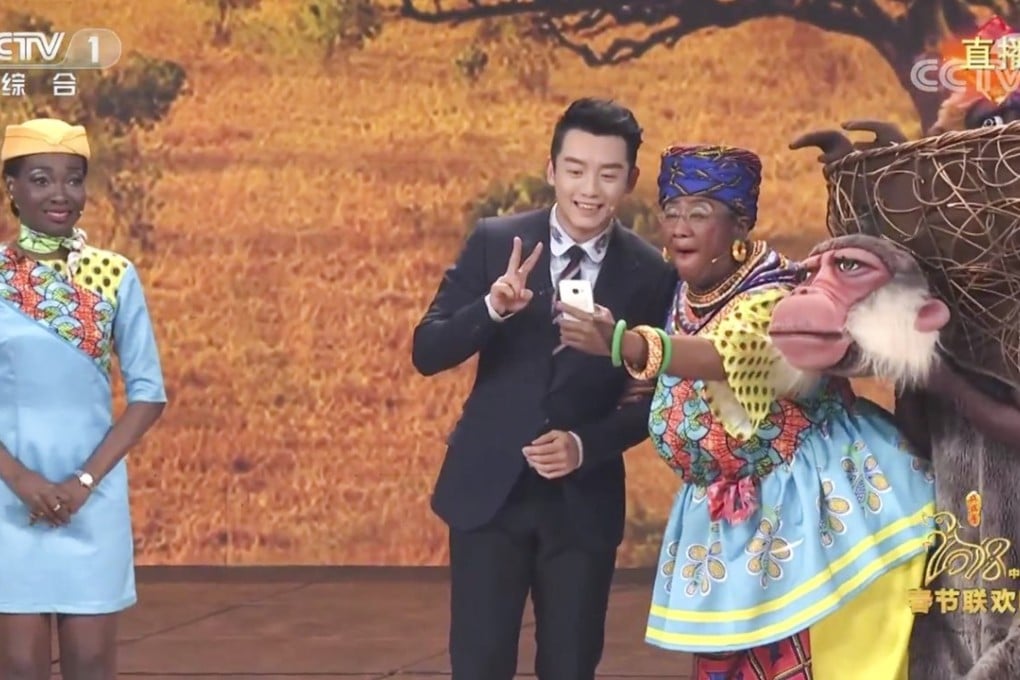African woman who auditioned for ‘racist’ Chinese TV gala show speaks out on blackface row
Nigerian Gloria Brown says she is glad to have missed out on the role that ended up being the subject of a global controversy

When Beijing-based Nigerian Gloria Brown auditioned in October for a part in one of the world’s most-watched television programmes, she had no idea that the role she was hoping to play would spark a global debate on China’s attitudes to racism.
The role, which Brown did not get, was that of an African mother in a 13-minute skit for state broadcaster CCTV’s Spring Festival Gala. The sketch was intended as a celebration of Sino-African relations but, after a Chinese actress in blackface was eventually chosen to play the role, it instead triggered allegations of discrimination and prejudice from around the world.
“Many friends posted [about the show] on WeChat,” Brown, 38, said. “Africans posted, Americans posted, Chinese posted.
“Ninety per cent of the people who commented that I saw on my WeChat were against the show, but there was, I think, two or three Chinese saying things like, ‘if you Africans don’t like this show then go back to your own country, don’t stay here’.”